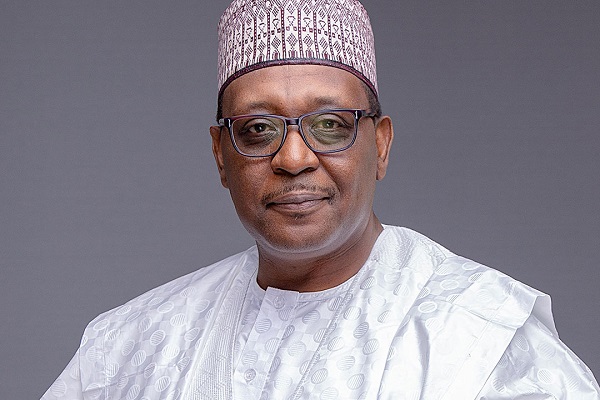US Allocates $600 Million to Health Initiatives in Nigeria, Saving Millions of Lives
Written by Deborah Oyinloye on March 2, 2024
In a statement released by the United States Embassy in Nigeria, it was revealed that the US committed over $600 million to health assistance in Nigeria in 2023, as part of its broader $20 billion investment into various health programs in Africa. This partnership has not only saved millions of lives but has also strengthened health systems and prepared Nigeria and the region for current and future health security threats.
Key highlights of the US government’s partnership with Nigeria for health include:
1. Preventing Malaria: Through initiatives like the US President’s Malaria Initiative (PMI), the US has contributed significantly to combating malaria in Nigeria. Efforts have led to a 55% reduction in malaria deaths since 2000, with interventions such as providing insecticide-treated bed nets, malaria preventive treatments in pregnancy, fast-acting malaria medicines, indoor residual spraying, and rapid diagnostic tests.
2. Ending HIV: The US President’s Emergency Plan for AIDS Relief (PEPFAR) has played a crucial role in expanding HIV treatment and reducing transmissions in Nigeria. Over $8.3 billion has been invested in the national HIV response, providing counselling and testing services, prevention of mother-to-child transmission programs, TB/HIV services, and support for orphans and vulnerable children.
3. Delivering Vaccines: Amid the COVID-19 pandemic, the US has supported Nigeria in vaccinating 70% of its eligible populations. Additionally, efforts have been made to control, eliminate, and eradicate other vaccine-preventable diseases by donating COVID-19 vaccines, supporting polio vaccination in security-compromised areas, and introducing new vaccines for children.
4. Advancing Global Health Security: Recognizing the threats posed by infectious diseases like COVID-19, Ebola, and others, the US and Nigeria are collaborating to strengthen health security capacities. This includes efforts to enhance disease surveillance, response, and preparedness to mitigate the impacts of future outbreaks.
These initiatives demonstrate the commitment of the United States to improving healthcare in Nigeria and across the region, emphasizing the importance of international partnerships in addressing global health challenges.






